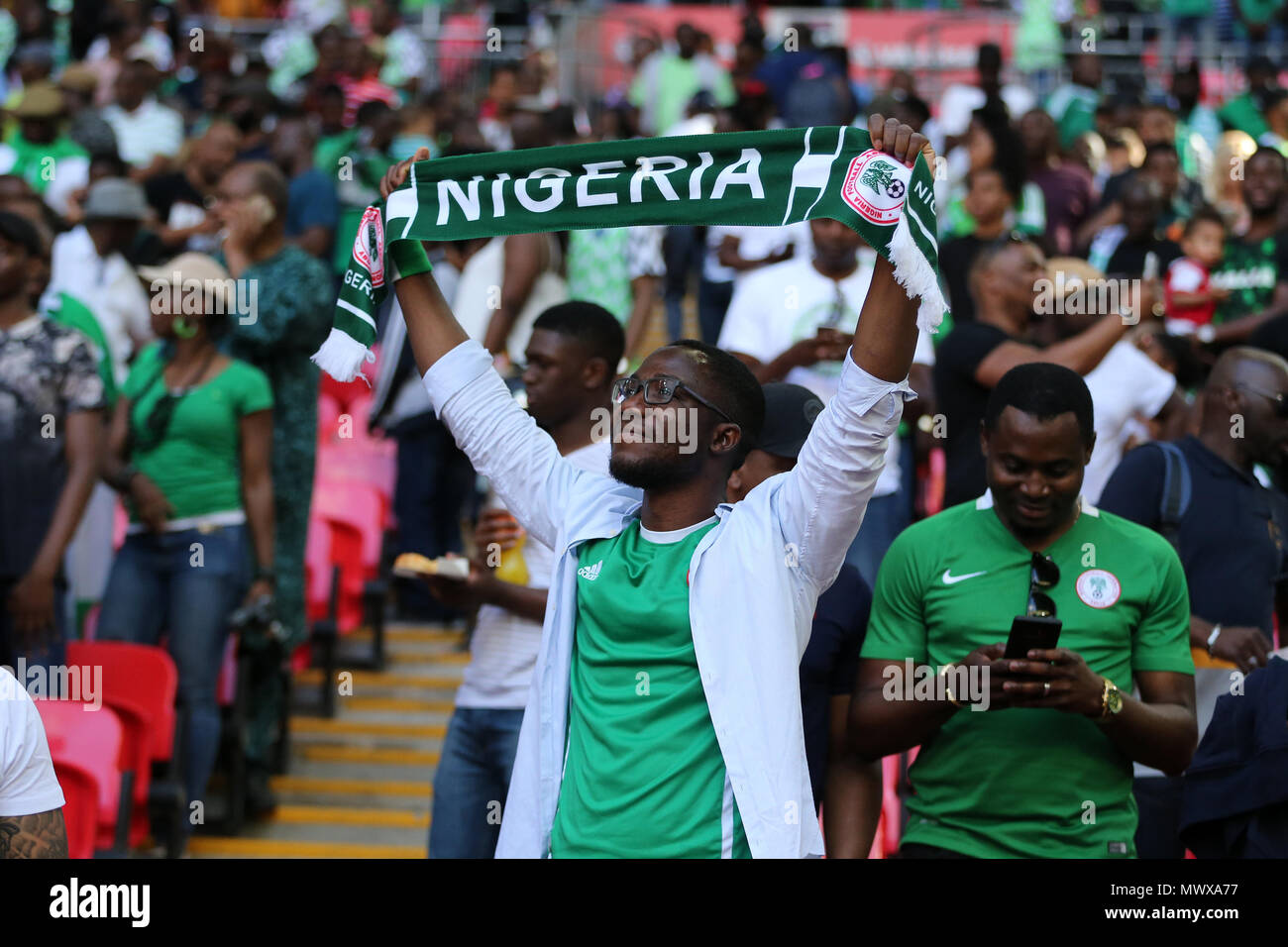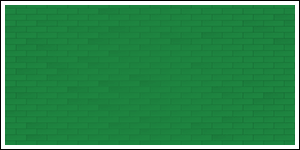How Introduced Football To Nigeria: History Behind Football Within Nigeria
A tremendous 67% of Nigerians see Football, which demonstrates how much the sport influences Nigerian culture. Football’s journey in Nigeria began over 100 years back, shaping the country’s sporting landscape.
Football in Nigeria dates back to the early 1900s. British colonisers brought the sport to the nation in 1904. The very first recorded football match occurred that same year, beginning Nigeria’s abundant footballing history of football in nigeria.
By 1950, Football had ended up being Nigeria’s nationwide game. Its fast increase resulted in numerous clubs and associations forming in the early 1900s. This growth boosted Nigerian pride and assisted influence political flexibility movements.
Nigeria’s football legacy now reaches beyond its borders. Throughout the years, the country has produced world-class talent, and Nigerian youth groups have won the FIFA U-17 World Cup 5 times.
The Super Eagles, Nigeria’s national team, are a force in African Football. They often get approved for substantial competitions and make their mark worldwide.
The British Colonial Introduction of Football to Nigeria
Football arrived in Nigeria throughout the British colonial era. It rapidly caught the hearts of locals, marking the start of an abundant footballing custom in the country.
The First Football Match in 1904
The first football match in Nigeria took place in June 1904. It was in between Hope Waddell Training Institution and the crew of HMS Thistle. The Nigerian group won 3-2, stimulating an across the country passion for the sport.
Hope Waddell Training Institution vs HMS Thistle
I hope the Waddell Training Institution in Calabar played a crucial function in early Nigerian Football. Their victory over HMS Thistle’s crew revealed the skill of Nigerian gamers. This match set the stage for Football’s growth in the nation.
Early Football Club Formation (1906-1932)
After the 1904 match, Football’s popularity soared. From 1906 onwards, early football clubs started forming, and this grassroots movement spread out the sport throughout Nigeria.
The Lagos District Amateur Football Association (LDAFA) was developed in 1932. The LDAFA marked the start of organised Football in Nigeria and paved the way for the sport’s future success nationally and globally.
Who Introduced Football in Nigeria
Football got here in Nigeria in the early 20th century. British colonisers brought this cherished sport to the West African country. It quickly ended up being an enthusiasm that formed Nigeria’s sporting landscape for generations.
Role of British Colonisers
British colonisers played a crucial function in Nigeria’s football history. The first recorded match happened in June 1904. Hope Waddell Training Institution dealt with the crew of HMS Thistle.
The Nigerian team won 3-2. This victory marked the start of an abundant football tradition in the country.
Formation of First Football Association
The Lagos District Amateur Football Association (LDAFA) was developed in 1932. It prepared for organised Football in Nigeria, which paved the way for the Nigerian Football Association (NFA).
The NFA was founded in 1945. It became the national governing body for Football and oversaw its advancement across the country.
Advancement of Local Football Culture
Football quickly took root in Nigeria, ending up being the national sport by 1946. Its accessibility and basic guidelines assisted it spread rapidly. Regional communities welcomed the video game, forming their teams.
This grassroots interest laid the structure for Nigeria’s future success. The country’s passion for Football grew, causing achievements on the international stage.
« Football became more than simply a sport; it developed into an essential Nigerian culture and identity component. »
The British colonisers’ introduction of Football sparked a sporting revolution in Nigeria. Football’s journey mirrored the country’s development from the very first match in 1904 to the formation of the NFA in 1945.
Today, Football remains an important part of Nigerian life. It’s a testimony to the sport’s long-lasting appeal and cultural significance in the country.
The Rise of Nigerian Football Administration
The Nigerian Football Association (NFA) was established in 1945. It played a crucial function in shaping Nigerian Football. In 1949, the NFA formed Nigeria’s very first nationwide football group.
In 1959, Nigeria joined the Confederation of African Football (CAF), which permitted it to take part in continental tournaments. Nigeria also became a FIFA member in 1960, joining the international football neighborhood.
The NFA, later on renamed the Nigeria Football Federation (NFF), organised national competitions. They produced the Nigerian Premier League and the Federation Cup, which ended up being the highlights of domestic Football.
Football associations throughout Nigeria flourished under the NFF’s assistance. They supported skill and promoted grassroots development. Professional Football began in 1990 with sixteen club sides participating.
« Our mission is to restore football development at the nationwide level and repackage the league in line with international finest practices, » mentions the Nigeria National League.
The Premier League was implemented in 2003. This relocation aimed to enhance domestic football requirements and bring in more viewers and sponsors to national competitions.
Nnamdi Azikiwe’s Impact on Nigerian Football
Nnamdi Azikiwe, born in 1904 in Zungeru, Northern Nigeria, left an indelible mark on Nigerian Football. His impact shaped the country’s sporting landscape. Azikiwe’s enthusiasm for sports originated from his varied experiences and education abroad.
Establishment of Zik’s Athletic Club
In 1938, Azikiwe founded Zik’s Athletic Club (ZAC) in Lagos. This club became a symbol of African self-determination. ZAC played an essential function in developing nigerian premier league Football.
It offered a platform for young professional athletes to display their skills. The club promoted local skill and promoted a sense of national pride.
The West African Pilot’s Influence
Azikiwe’s paper, the West African Pilot, played a considerable function in popularising Football across Nigeria. It extensively covered regional matches, team news, and gamer profiles. This limelights helped grow the sport’s fan base.
Football as a Tool for Independence
Azikiwe saw Football’s potential as a unifying force in the independence motion. He used the sport to break down ethnic barriers, and Football became a symbol of Nigerian unity through his advocacy.
Azikiwe’s efforts connected Football to nationalism, contributing significantly to the sport’s development and forming its role in modern Nigeria.
« Football is not just a video game; it’s an effective national unity and identity tool. »
Nigeria’s Journey to International Football Recognition
Nigeria’s football journey took a substantial leap forward in 1960. The country gained FIFA membership, marking its entry into international Football. This milestone coincided with Nigeria’s independence from British rule.
FIFA Membership and First International Match
Nigeria’s very first international match took place on 8 October 1949. They dealt with Sierra Leone and won 2-0 in a historical encounter. This success stimulated enthusiasm for Football throughout the country.
Early Continental Competitions
Nigeria debuted in the Africa Cup of Nations in 1963. The tournament, hosted by Ghana, saw Nigeria facing difficult opponents. These experiences showed valuable for the team’s development.
Nigeria’s perseverance settled in 1973. They clinched gold at the All-Africa Games, marking their very first significant continental success. 1976, they secured bronze at the Africa Cup of Nations in Ethiopia.
Nigeria’s football expertise grew in the 1970s. In 1978, they duplicated their bronze medal accomplishment in Ghana. 1980, Nigeria hosted and won its first Africa Cup of Nations title.
Evolution of Nigerian Football Governance
Nigerian football governance has seen considerable changes and challenges because 1945. The Nigeria Football Federation has formed the country’s football landscape, and its journey has been intricate and transformative.
From NFA to NFF
The Nigeria Football Association began in 1945. It became the Nigeria Football Federation in 2008. This modification intended to modernise the organisation’s structure.
In 2019, a costs was passed to acknowledge the NFF officially. It’s still awaiting governmental approval.
Development of League Systems
The NFF oversees three primary leagues: the Nigerian Premier League, Amateur League, and Women’s League. These competitors form the backbone of Nigerian Football.
They cultivate talent and promote the sport across the country. Nevertheless, challenges like delayed seasons and venue disagreements continue.
National Team Formation
Nigeria’s Super Eagles national team was formed in 1949. They’ve gotten approved for six FIFA World Cups and won three Africa Cup of Nations titles.
These accomplishments have actually enhanced Nigeria’s standing in international Football. The Super Eagles’ success has put Nigeria on the international football map.
However, Nigerian Football faces continuous obstacles. A study revealed high levels of corruption in football governance. This impacts contract awards and gamer selection.
These issues highlight the requirement for reform. For the sport to flourish, openness in the Nigerian football administration need to enhance.
Conclusion
Nigerian Football’s tradition showcases the country’s durability and enthusiasm. It began in 1904 with Hope Waddell Training Institute facing HMS Thistle. Ever since, Nigeria has actually ended up being a powerhouse in African Football.
The sport’s growth reflects the nation’s journey from colonial rule to independence. It has fostered a sense of national identity and unity. Nigeria’s global football acknowledgment is indisputable.
The Super Eagles’ gold medal at the 1996 Atlanta Olympics is a highlight. Their remarkable FIFA World Cup efficiencies likewise stand apart. Nigeria has received six World Cups.
In 1994, Nigeria attained its greatest FIFA ranking of 5th, solidifying its place on the global phase. Nigerian Football continues to develop with promising potential customers.
Skills like Ahmed Musa and Kelechi Iheanacho shine in leading European leagues. This bodes well for the sport’s development. The Nigeria Football Federation guides the video game’s development of football in nigeria.
Football’s sustaining legacy in Nigeria influences upcoming generations and promises an amazing future for the sport. The stunning game remains a source of national pride and unity.
FREQUENTLY ASKED QUESTION
Who introduced football to Nigeria?
British colonisers brought Football to Nigeria in the early 1900s. The sport quickly became popular and woven into Nigerian culture.
When was the first football match played in Nigeria?
The first taped football match in Nigeria occurred in June 1904. Hope Waddell Training Institution played against the HMS Thistle team. The Nigerian group won 3-2.
How did Football end up being Nigeria’s national sport?
Football’s easy guidelines and accessibility made it popular in Nigeria. By 1950, it was the national game, motivating pride and flexibility motions.
What function did Nnamdi Azikiwe play in Nigerian Football?
Nnamdi Azikiwe, Nigeria’s first President, was vital in developing Football. He began Zik’s Athletic Club in Lagos in 1938, and his newspaper, the West African Pilot, linked Football to the independence movement.
When did Nigeria sign up with FIFA?
Nigeria became a FIFA member in 1960, the exact same year it acquired independence. This marked Nigeria’s official entry into international football governance.
What is the Nigerian Football Federation?
The Nigerian Football Federation (NFF) governs Football in Nigeria. It developed from the Nigerian Football Association, established in 1945. The NFF organises nationwide leagues and competitors, including the Premier League and Federation Cup.
What significant successes has Nigerian Football achieved?
Nigeria has actually played in six FIFA World Cups. The Super Eagles national team has won three African Cup of Nations. They’ve also won gold in the 2nd All-Africa games.






